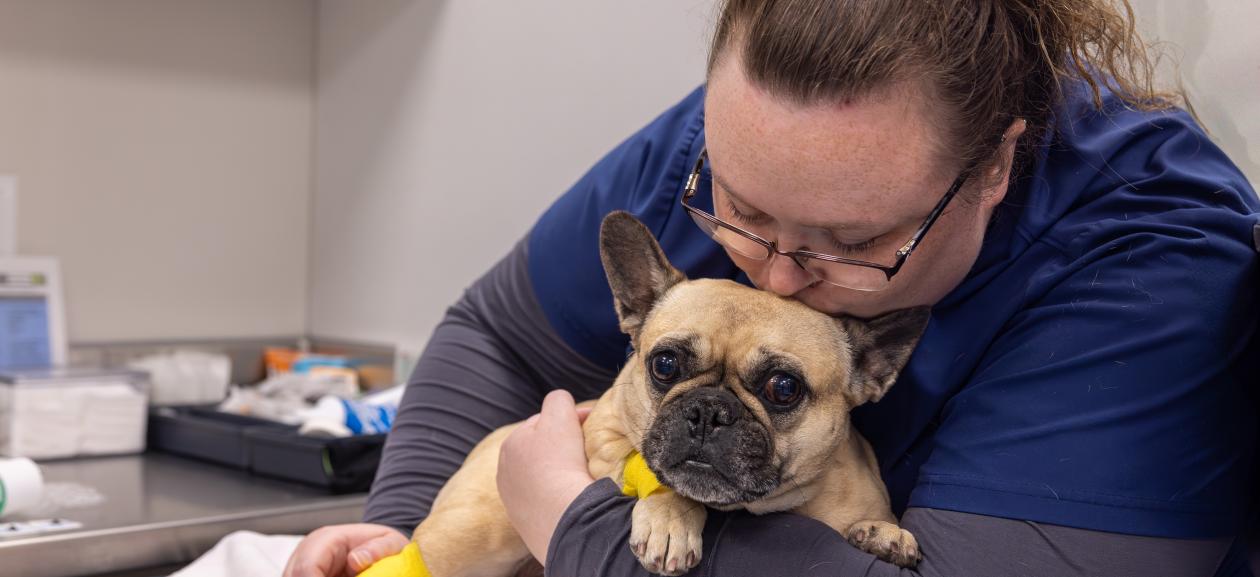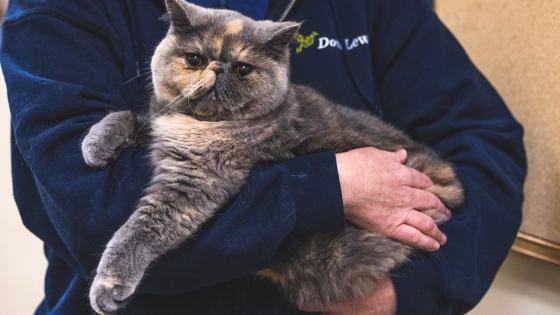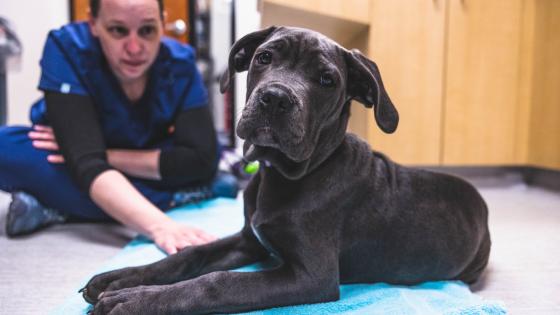
Caring for Our Flat-Faced Friends: Understanding Brachycephalic Animals
Brachycephalic animals—those with short, flat faces—have become increasingly popular due to their distinctive appearance. Breeds like French Bulldogs, Pugs, and Persian cats are often chosen for their unique looks. However, these physical traits come with a range of health challenges that families should know about.
What Does "Brachycephalic" Mean?
The term "brachycephalic" comes from Greek words meaning "short" and "head." It describes animals with a shortened skull, resulting in a flat or pushed-in facial structure. While this shape is genetic, it has become a sought-after feature in certain breeds.
Common Brachycephalic Breeds
- Dogs: French Bulldogs, Pugs, English Bulldogs, Boston Terriers, Boxers, Shih Tzus, Cavalier King Charles Spaniels, Lhasa Apsos, Brussels Griffons, Pekingese
- Cats: Persian Cats, British Shorthairs, Himalayan Cats, Burmese Cats
- Other Animals: Netherland Dwarf Rabbits
These animals are often recognizable by their flat faces, prominent eyes, and compact bodies.
Health Challenges Faced by Brachycephalic Animals
Brachycephalic animals face several health issues related to their skull shape and facial structure:
- Breathing Difficulties
The compressed airways can make breathing laborious. Many snore, pant heavily, or struggle with exercise, especially in hot or humid conditions. - Heat Sensitivity
They are less effective at cooling themselves through panting, which increases the risk of overheating and heatstroke. - Eye Problems
Prominent eyes are more exposed and prone to injury, irritation, and infections. - Skin Concerns
Facial folds can trap moisture and debris, creating an environment where infections and irritation are more likely.
Caring for Brachycephalic Animals
Owning a brachycephalic animal requires thoughtful care to manage these risks:
- Regular Veterinary Check-ups: Frequent assessments help detect and manage potential health problems.
- Avoid Overexertion: Limit intense activity, particularly in warm weather, to reduce respiratory stress.
- Maintain a Cool Environment: Provide shade, air circulation, and fresh water.
- Proper Grooming: Clean skin folds and maintain dental care to prevent infections.
- Keep Them Lean: Excess weight can worsen breathing and joint problems; a balanced diet and portion control are important.
- Stay Informed: Understand the specific needs and potential health concerns of the breed.
While they are undeniably adorable, brachycephalic animals rely on their families to manage their health proactively. Understanding their needs helps ensure they stay comfortable and healthy.



